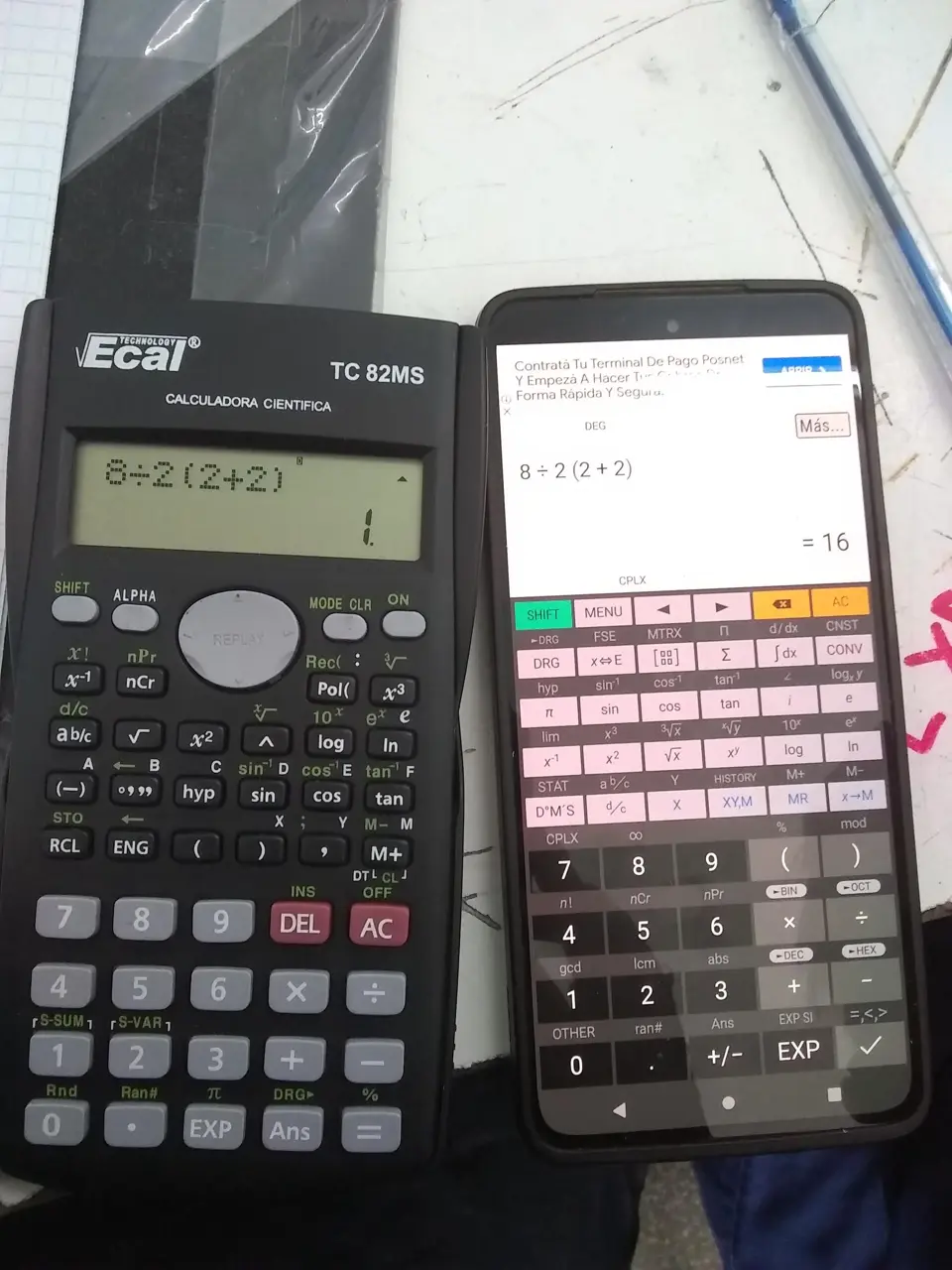this post was submitted on 03 Dec 2023
419 points (100.0% liked)
196
17511 readers
160 users here now
Be sure to follow the rule before you head out.
Rule: You must post before you leave.
Other rules
Behavior rules:
- No bigotry (transphobia, racism, etc…)
- No genocide denial
- No support for authoritarian behaviour (incl. Tankies)
- No namecalling
- Accounts from lemmygrad.ml, threads.net, or hexbear.net are held to higher standards
- Other things seen as cleary bad
Posting rules:
- No AI generated content (DALL-E etc…)
- No advertisements
- No gore / violence
- Mutual aid posts are not allowed
NSFW: NSFW content is permitted but it must be tagged and have content warnings. Anything that doesn't adhere to this will be removed. Content warnings should be added like: [penis], [explicit description of sex]. Non-sexualized breasts of any gender are not considered inappropriate and therefore do not need to be blurred/tagged.
If you have any questions, feel free to contact us on our matrix channel or email.
Other 196's:
founded 2 years ago
MODERATORS
you are viewing a single comment's thread
view the rest of the comments
view the rest of the comments

That is exactly what my program simulates. We're only interested in the times when this time, it turns out that there is at least one heads. If they both land tails, then we don't record anything about the flip, because the question is "if they aren't both tails, what is the probability that they are both heads?"
Think of it this way: generate n pairs of flipped coins, and put them in Bucket 0. Take every pair of coins that has at least one heads, and put it in Bucket 1. You'll be leaving 25% of the pairs in Bucket 0–specifically, the TT pairs. The TH, HT, and HH pairs are all in Bucket1. Now, 33% of the pairs in Bucket 1 are HH.
When I tell you that I've flipped a pair of coins, there's a 25% chance that they landed HH. But when I tell you that at least one is heads, it's like pulling a random pair out of Bucket 1. We don't know whether that pair was in Bucket 1 because of the nickel, dime, or both.
I tried to answer but idk why Lemmy failed to post it, so I'll make a tldr instead.
TLDR:
Instead of reasoning I used actual statistics equations and you are correct: the chance in the coins case is 1/3.
However, I was misguided assuming that both the "girl and boy" problem and "coins" problem are the same, when in fact they are not.
In the "coins" case, the statement "at least one of them is heads" has a probability of 3/4. In the "girl and boy" case, the statement "the child that opened the door was a boy" has a probability of 1/2.